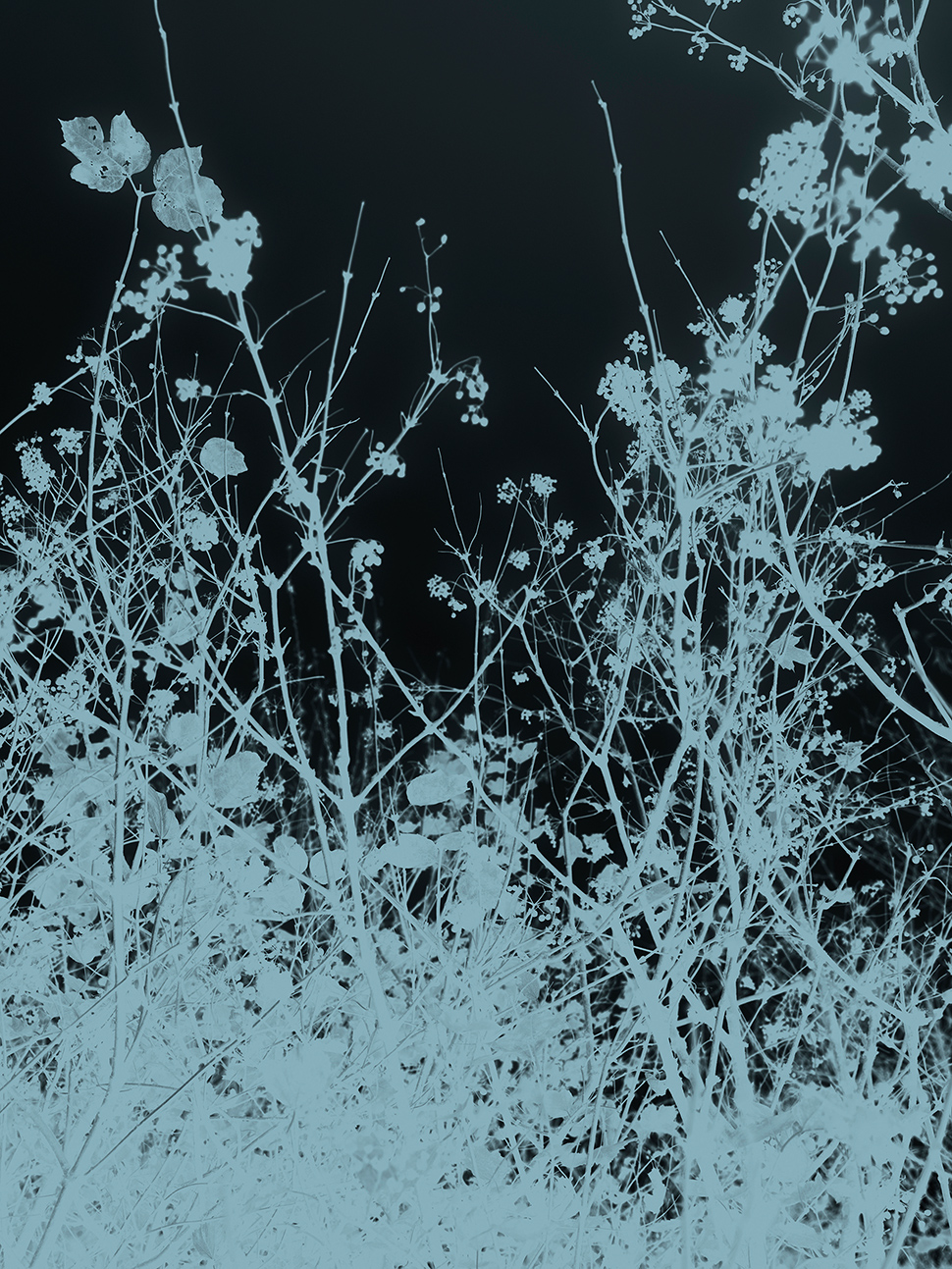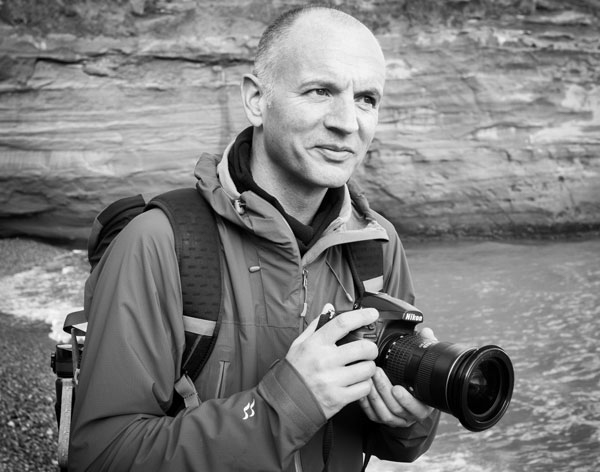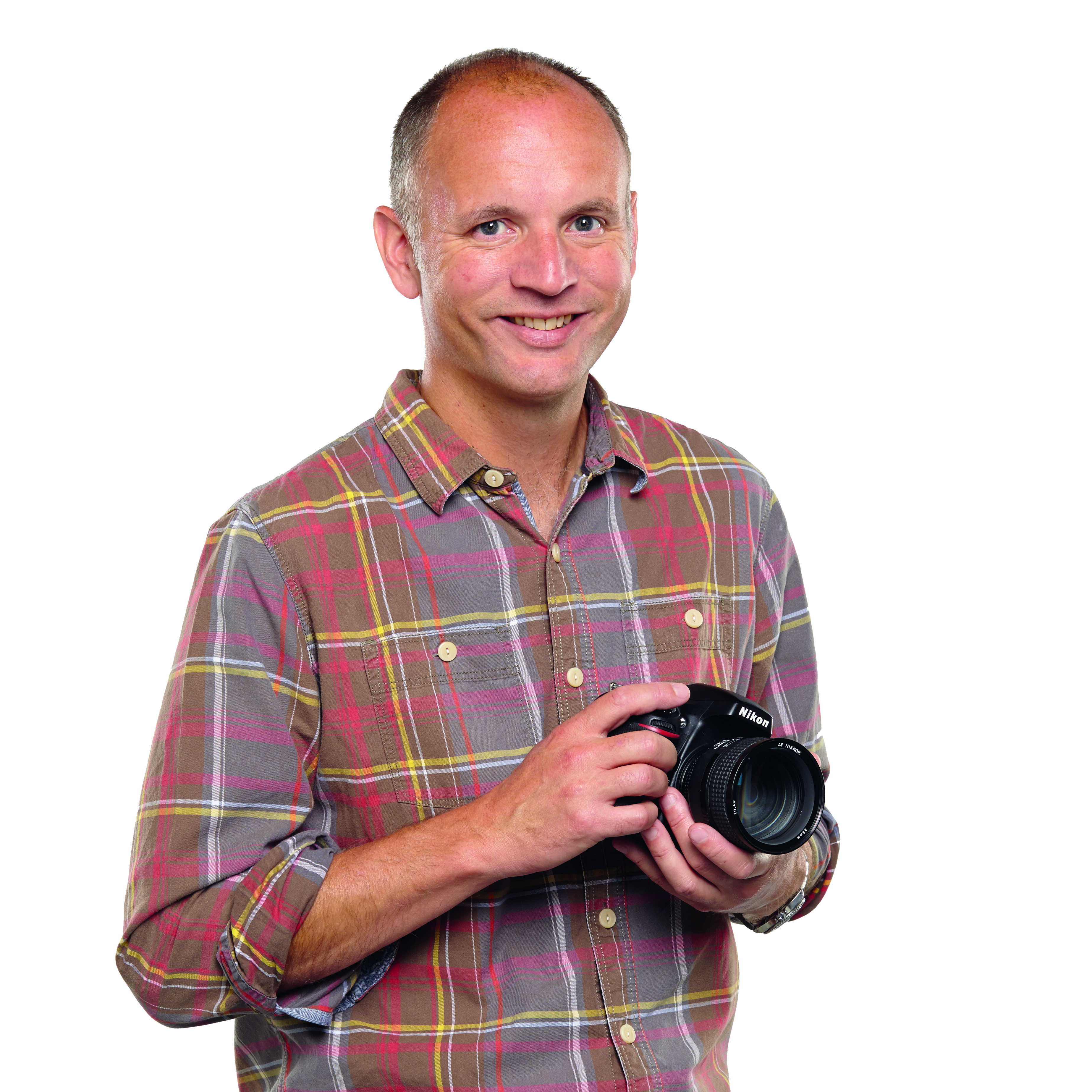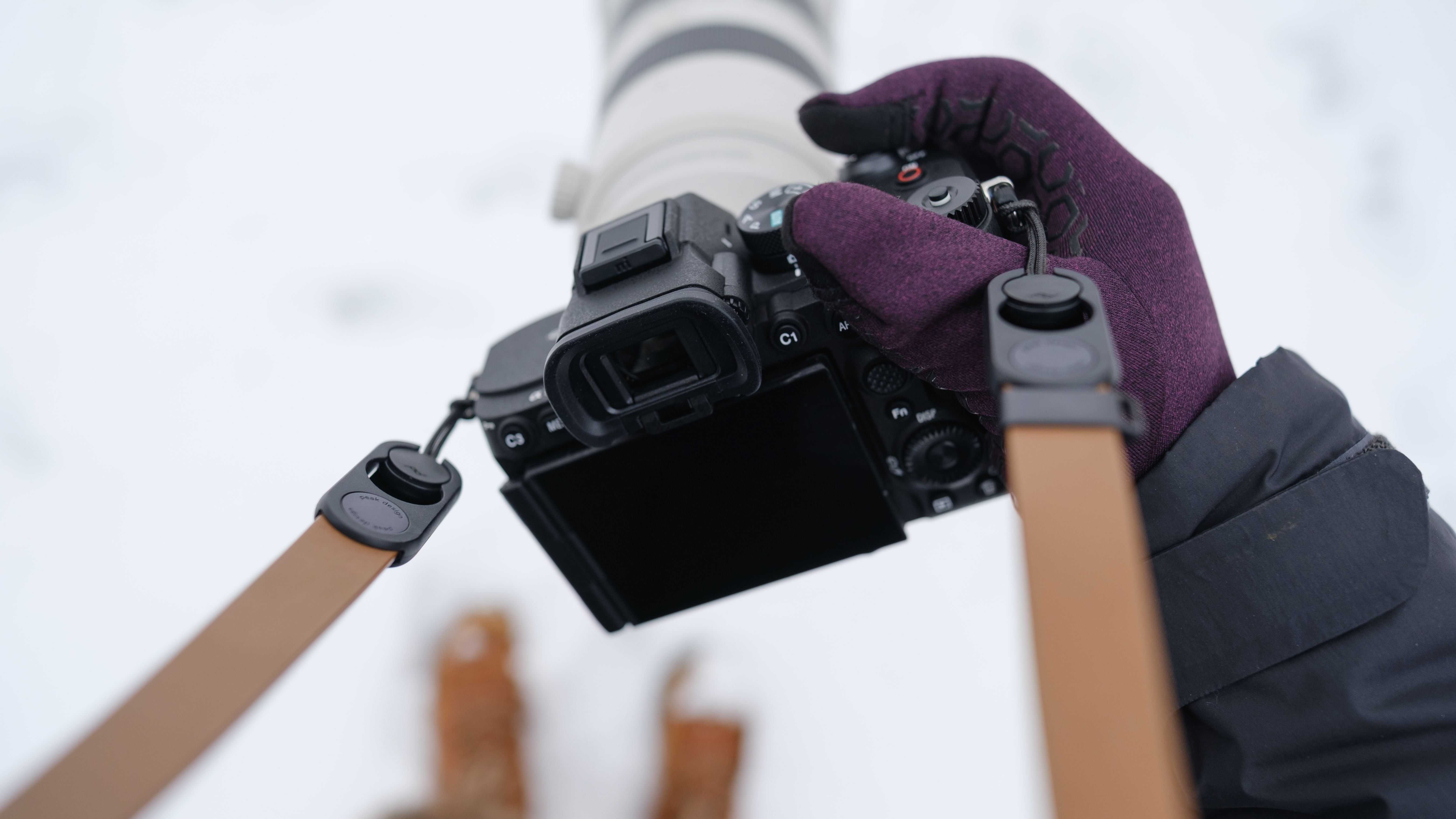“This image is actually a mistake”
Benedict Brain turns a flash misfire on its head and makes it thrive in another context

The best camera deals, reviews, product advice, and unmissable photography news, direct to your inbox!
You are now subscribed
Your newsletter sign-up was successful

Benedict Brain is a UK-based photographer, journalist and artist. He is an Associate of the Royal Photographic Society and sits on the society’s Distinctions Advisory Panel. He is also a past editor of Digital Camera Magazine, and the author of You Will be Able to Take Great Photos by The End of This Book.
This image is actually a mistake. I was out shooting for my ongoing project, A Sentient Land, and my flash didn’t fire! The project explores aspects of the landscape, using photography to describe the land as a living, dynamic and visceral entity that is suggestive of a deep-rooted connection with myth and ancient folklore. I’ve been working on the project on and off for a few years, and have developed a photographic style that is defined in part by heavy use of on-camera flash, which I guess is a little unusual for a landscape project.
This image was intended to be part of the project. However, the flash misfired and the shrubs were underexposed and consequently rendered in deep shadow with little detail. Initially, I dismissed the image and relegated it to the bin. However, looking at it with fresh eyes a few days later, and separating my mind’s eye from the context in which it was intended, I was able to see that while it might not be aesthetically appropriate for the A Sentient Land project, it could possibly thrive in another context. It has a more ‘pictorial’ vibe than the relatively ‘straight’ approach to A Sentient Land, but as someone who has learnt to identify photographically as ‘genre-fluid’, I could live with this conflict.
During the editing process and out of an act of pure creative curiosity, I inverted the tones to make the image appear like a negative. This was a purely artistic affectation, and an attempt to maybe emulate a more ‘poetic’ feeling. Either way, I loved it this way, and it seemed to work. Adding a slight blue tint to the highlights also made it feel a little like a cyanotype or some hybrid alternative process.
I am drawn to the near-abstract shapes and magical feeling that the image exudes, along with the otherworldliness suggested by the inverted tones. Even a mistake, a simple flash misfire, can yield good results if you look with fresh eyes. It is perhaps a good lesson to not throw an image away just because it didn’t work the way you intended. It may, as I have found, work in other new, and exciting ways.
Read more:
• The 50 best photographers ever
• 100 best photography quotes from famous photographers
• The best coffee-table books on photography
The best camera deals, reviews, product advice, and unmissable photography news, direct to your inbox!
Benedict Brain is a UK based photographer, journalist and artist. He graduated with a degree in photography from the Derby School of Art in 1991 (now University of Derby), where he was tutored and inspired by photographers John Blakemore and Olivier Richon, amongst others. He is an Associate of the Royal Photographic Society and also sits on the society’s Distinctions Advisory Panel.
Until July 2018 Benedict was editor of Britain’s best-selling consumer photography magazine, Digital Camera Magazine. As a journalist he met and interviewed some of the world’s greatest photographers and produced articles on a wide range of photography related topics, presented technique videos, wrote in-depth features, curated and edited best-in-class content for a range of titles including; Amateur Photographer, PhotoPlus, N-Photo, Professional Photography and Practical Photoshop. He currently writes a regular column, The Art of Seeing, for Digital Camera magazine.

